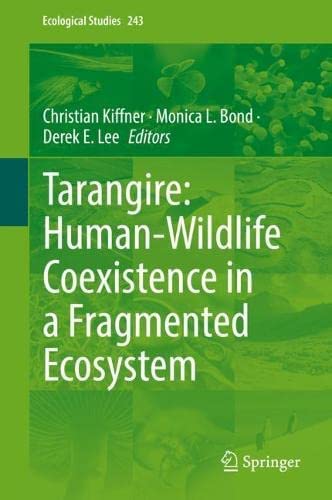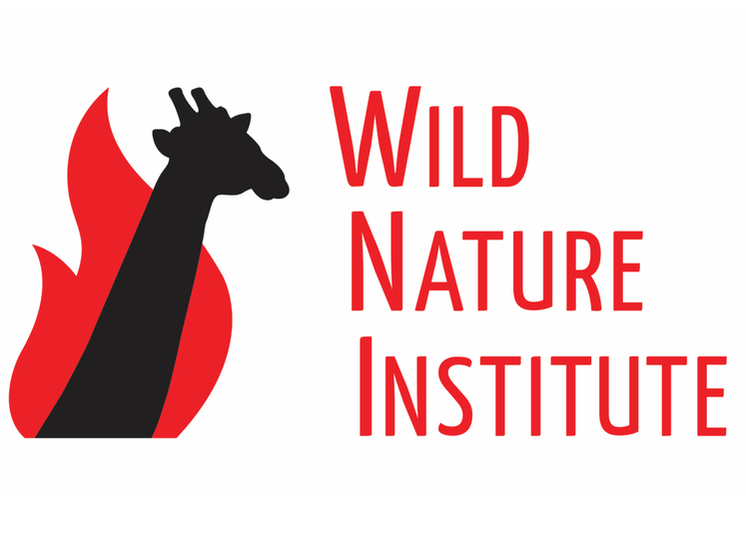|
Wild Nature Institute is pleased to announce the publication of a new book co-edited by WNI scientists Drs. Derek Lee and Monica Bond, along with our colleague Dr. Christian Kiffner. The book is called “Tarangire: Human-Wildlife Coexistence in a Fragmented Ecosystem” and is published by Springer Nature. We pulled together academics studying humans and wildlife inhabiting the Tarangire Ecosystem of northern Tanzania , and asked them to contribute chapters. The Tarangire region, where WNI has been studying giraffes and other ungulates for the past 10 years, is remarkable in that the ecosystem is still ecologically functional. As we note on the final page of the book, Tarangire hosts hundreds of thousands of people, millions of livestock, large mines, booming towns, two major tarmac roads, and a patchwork of agricultural fields—and yet still supports one of the most significant long-distance migrations of wildlife remaining in the world, much of it taking place on community land. It also is home to one of the most important populations of giraffes in Tanzania, and therefore in the world. Wildlife numbers have declined historically, but the mere fact that many populations are stable, and some are increasing, despite all the odds, is testament to the singularity of the place, and demonstrates that humans and wildlife can indeed coexist. This edited volume summarizes multidisciplinary work on wildlife conservation in the Tarangire Ecosystem. By drawing together human-centered, wildlife-centered, and interdisciplinary research, it contributes to furthering our understanding of the often complex mechanisms underlying human-wildlife interactions in dynamic landscapes. By synthesizing the wealth of knowledge generated by anthropologists, ecologists, conservationists, entrepreneurs, geographers, sociologists, and zoologists over the last decades, this book also highlights practicable and locally adapted solutions for shaping human-wildlife interactions towards coexistence. It is written for students, scholars, and practitioners who are interested in reconciling the needs of human populations with those of the environment in general and large mammal populations in particular.
0 Comments
Your comment will be posted after it is approved.
Leave a Reply. |
Science News and Updates From the Field from Wild Nature Institute.
All Photos on This Blog are Available as Frame-worthy Prints to Thank Our Generous Donors.
Email Us for Details of this Offer. Archives
July 2024
|
|
Mailing Address:
Wild Nature Institute PO Box 44 Weaverville, NC 28787 Phone: +1 415 763 0348 Email: [email protected] |
|


 RSS Feed
RSS Feed
